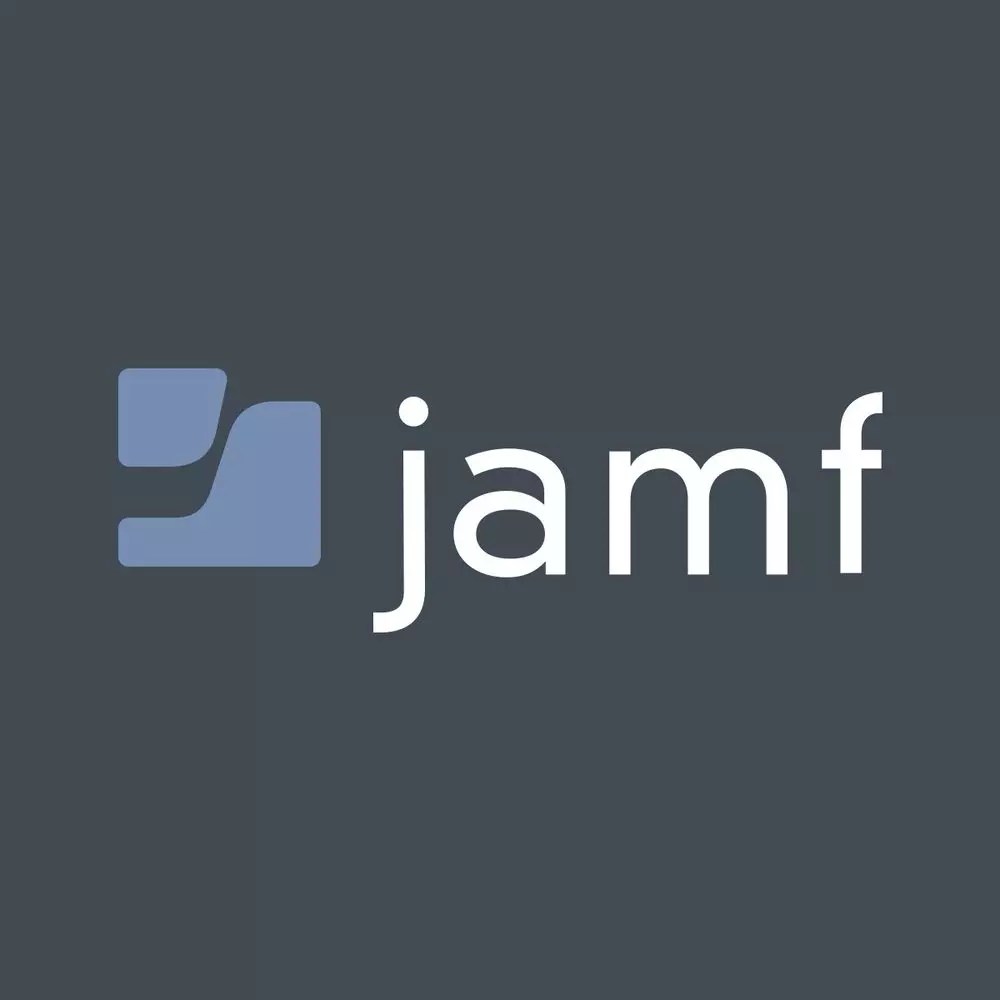Jamf, a company that specializes in managing and securing Apple at work, held a special Jamf Event to showcase a number of new offerings developed to help organizations maximize technology investments and meet important compliance needs.
The live-streamed event, split into concurrently streamed commercial and education keynotes, showcased new and upcoming updates to Jamf’s Apple-first, Apple-best management and security platform.
“At Jamf, we celebrate the ways that Apple devices are different, but also know they still need to meet the same high compliance standards as other devices used for work,” said Sam Johnson, Chief Customer Officer at Jamf, in a press release. “This means IT admins are being asked to get more involved beyond traditional device management functions to help meet these various compliance standards across their Apple devices. Jamf is proud to deliver a platform that organizations trust and users love, and our approach to providing tools that help customers navigate the vast and varied compliance landscape is no exception.”
He said that product updates highlighted during the Jamf Event include:
Streamlined enforcement of compliance and security benchmarks
- Compliance dashboard in Jamf Protect sets a new standard for visualizing device compliance status – Jamf added a customizable compliance dashboard to Jamf Protect providing a new way of visualizing compliance – in accordance with CIS benchmarks – across an entire fleet of devices. The new dashboard allows Jamf admins to view an aggregate baseline score or “Fleet Hardening Score” as well as the ability to drill down into specific details to understand and remediate compliance issues within their device fleet.
- Compliance Editor with Jamf Pro for iOS and iPadOS removes ambiguity around enforcing compliance on mobile devices – Compliance Editor is the tool that generates deployable configuration files in Jamf Pro that allow organizations to meet CIS benchmarks. Jamf announced Compliance Editor is now available for iOS and iPadOS, ensuring consistent security benchmarks can be met across Mac, iPhone and iPad. With Compliance Editor, it only takes admins a few clicks to generate hundreds of detailed configurations required to make endpoints compliant with a chosen benchmark.
- Jamf Routines in Jamf Pro make powerful self-healing workflows a reality – Jamf announced Jamf Routines, which offers Jamf Pro customers new no-code automations and integrations to make IT teams more powerful and efficient. Now, admins can set up an integration between Jamf Pro and Slack or Microsoft Teams with automated alerts based on specific criteria such as when a device falls out of compliance. With Jamf Routines, admins can also specify when a re-deploy of the Jamf Management Framework may be required to get devices back into compliance, improving overall security and compliance posture.
- Jamf has introduced Privilege Elevation, a new feature that leverages an organization’s cloud identity provider and Jamf Connect to temporarily allow admin privileges for local macOS accounts to be granted conditionally based on valid user authentication and authorization. During this period of time, through an integration with Jamf Protect, Jamf will provide detailed telemetry about highly privileged tasks being performed on the device. This helps organizations audit endpoint activities while aiding with intrusion detection and response on macOS.
Jamf has highlighted new improvements made to App Installers with the recent introduction of App Version Control. This update gives admins more authority over App Installers deployments allowing them to test a version on a small group of devices and then manually choose the version to deploy to computers in scope when they are ready. The ability to choose either automatic or manual updates to specify the version gives the admin control and flexibility over the App Installers titles in their environment, keeping users productive with the business-critical apps they need while remaining secure and up-to-date.
Jamf recapped its recent announcement that support for Apple Vision Pro is now available across the whole Jamf platform. With Jamf Pro, organizations can enroll and streamline deployment of enterprise apps and settings for Apple Vision Pro.
Jamf Connect allows users on Apple Vision Pro to securely access enterprise resources for any of the web and native apps that require secure, identity-based access controls. Jamf Protect extends the same device-wide mobile threat defense, network protection, and content filtering use cases used on iPhone, iPad and Mac to Apple Vision Pro to keep the device safe from threats.
Jamf also announced support for watchOS management is coming later this year, including enrollment and inventory display. By enabling new device types, Jamf shows its commitment to simplifying Apple at work and giving end users the ability to be productive however they work best.
New “balanced privacy” reporting for Jamf Safe Internet provides visibility needed to resolve security issues while maintaining student privacy, according to Johnson.
For education customers, Jamf announced new privacy controls have been added to Jamf Safe Internet to provide two reporting options to admins: “full privacy” and “balanced privacy.” By default, full privacy mode is enabled (meaning no Personal Identifiable Information is collected and reports stay aggregated and anonymized) but admins with appropriate permissions will able to toggle to balanced privacy mode. This reporting mode displays specific devices and usernames collected from Jamf Pro or Jamf School if they have been impacted by a security issue, enabling admins to quickly resolve issues without needing the full-visibility approach of traditional web proxies offered by other vendors.
“Determining the correct privacy posture in the educational technology landscape requires a careful equilibrium,” said Johnson. “Striking the right balance means allowing IT admins flexibility to access certain identifying data in order to ensure the security of school-owned devices and networks without compromising individual privacy rights.”
Article provided with permission from AppleWorld.Today

